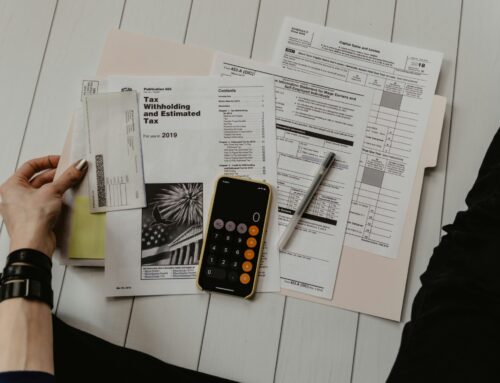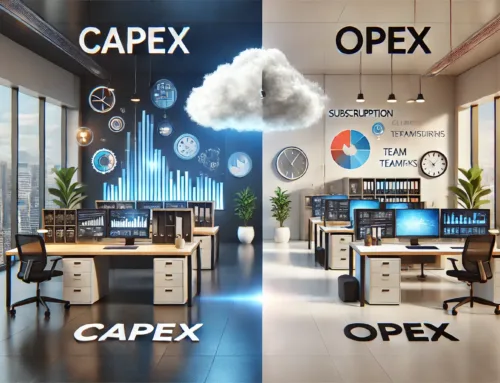Navigating the intricacies of taxation can be like unravelling a complex puzzle, and the Luxury Car Tax (LCT) for 2023-24 is no exception. This fiscal year brings with it updated thresholds and rates for the LCT, a tax levied on high-end vehicles. For potential buyers and sellers of luxury cars, understanding these changes is not just a matter of compliance but also of financial prudence. As we delve into the specifics, it becomes clear that the LCT can significantly impact purchase decisions and market trends in the luxury car segment.
Current Luxury Car Tax Rates for 2023-24
Overview of Rates
For the fiscal year 2023-24, the Luxury Car Tax (LCT) rates have undergone some changes. The LCT is typically a percentage applied to the value of the vehicle that exceeds a specific threshold. In 2023-24, this rate has been adjusted, reflecting the current economic conditions and market trends. Understanding these updated rates is essential for potential buyers and sellers of luxury vehicles, as it directly impacts the overall cost of the car.
Changes from Previous Years
Compared to previous years, the Luxury Car Tax rates for 2023-24 have seen modifications. These changes are often in response to inflation, market shifts, or policy updates. Understanding how these rates have evolved provides insight into the government’s approach to luxury goods taxation and helps consumers and businesses anticipate future trends.
Calculation of Luxury Car Tax
Basic Calculation Method
To calculate the Luxury Car Tax, you start by determining the taxable value of the vehicle, which is the amount that exceeds the LCT threshold. Then, apply the current LCT rate to this taxable value. The resulting figure is the amount of tax due. It’s a straightforward formula, but attention to detail is key to ensuring accuracy. Formula for LCT on an import.
Examples
For example, if a luxury car is priced at $200,000 and the LCT threshold is $100,000 with a tax rate of 10%, then the taxable value is $100,000 ($200,000 – $100,000). The LCT would be 10% of $100,000, resulting in a tax of $10,000. These examples illustrate how slight variations in price or threshold can significantly impact the tax amount.
Thresholds and Exemptions
Threshold Limits for 2023-24
The specific threshold limits for 2023-24 set the bar for what constitutes a luxury vehicle under the tax law. These limits are periodically reviewed and can change, reflecting economic conditions and policy objectives. Knowing these limits helps in understanding the potential tax obligations for different vehicles.
Exemptions and Special Cases
There are certain exemptions and special cases where the Luxury Car Tax may be reduced or not applicable. These can include vehicles used for specific purposes, certain fuel-efficient cars, or vehicles over a particular age. Being aware of these exemptions can lead to significant savings and influence purchasing decisions.
Impact on Buyers and Sellers
For Individual Buyers
The Luxury Car Tax (LCT) significantly impacts individual buyers by increasing the overall cost of purchasing a luxury vehicle. This added expense can affect budgeting and financing options, making it essential for buyers to factor in the LCT when calculating the total investment for their desired car. Additionally, the LCT might influence the choice of vehicle, pushing some buyers to consider models just below the LCT threshold to avoid the additional tax.
For Car Dealers and Businesses
Car dealers and businesses dealing in luxury vehicles also feel the pinch of the LCT. It can impact inventory decisions, as dealers might opt to stock fewer high-end models that are subject to the tax. Moreover, the added tax can be a hurdle in closing sales, as it increases the final price for the customer. Businesses must be adept at explaining the LCT to potential buyers and may need to strategize pricing and promotions to mitigate its impact on sales.
How to Prepare for Luxury Car Tax

Tips for Buyers
- Research Thresholds: Stay informed about the current LCT threshold to understand which vehicles are taxed.
- Budget Accordingly: Include the LCT in your overall budget when planning for a luxury car purchase.
- Seek Professional Advice: Consult with a tax professional to explore any possible exemptions or reductions.
- Consider Timing: Purchase timing can influence the LCT rate, so plan your buy strategically.
- Explore Alternatives: Look for luxury models slightly below the LCT threshold to avoid the tax.
Advice for Sellers
- Educate Your Team: Ensure your sales team is knowledgeable about the LCT and can communicate its implications effectively to customers.
- Transparent Pricing: Be transparent about the cost breakdown, including the LCT, to build trust with buyers.
- Strategic Stocking: Consider the impact of the LCT on demand and stock your inventory accordingly.
- Promotional Tactics: Implement pricing strategies or promotions that can offset the impact of the LCT on the buyer.
- Stay Informed: Keep abreast of any LCT changes or reforms to adjust your business strategies timely.
Predictions for 2024 and Beyond
Looking ahead to 2024 and beyond, the landscape for Luxury Car Tax may undergo changes. Economic factors, consumer trends, and potential legislative reforms could all play a role in shaping the future of LCT. One possible scenario is a gradual increase in the LCT threshold, aligning it with inflation and market dynamics. Additionally, there might be a push towards more environmentally friendly vehicles, possibly leading to revised LCT rates or exemptions for electric or hybrid luxury cars. However, these predictions hinge on multiple variables, including political will, economic conditions, and evolving consumer preferences.
Conclusion
In summary, the Luxury Car Tax for 2023-24 presents a mix of challenges and considerations. Whether you’re an individual buyer, a car enthusiast, or a business entity, understanding the intricacies of this tax is essential for making informed decisions.
FAQ
1. What is the Luxury Car Tax rate for 2023-24?
The rate and threshold for the LCT have been updated for 2023-24. You can find the exact figures on the official government website or through financial advisories.
2. Are there any exemptions from the Luxury Car Tax?
Yes, certain vehicles and circumstances qualify for exemptions or reduced rates. It’s advisable to consult a tax professional to understand if your situation qualifies for any exemptions.
3. How to calculate the Luxury Car Tax?
The LCT is calculated by applying a specific percentage to the value of the car that exceeds the set threshold. The exact formula can vary based on the vehicle and its use.
4. Can the Luxury Car Tax impact the resale value of a vehicle?
Yes, the LCT can influence the resale value, as it adds to the initial purchase cost. This is an important consideration for both buyers and sellers.
5. Are there talks of reforming the Luxury Car Tax?
Yes, there are ongoing discussions about potential reforms to make the LCT more equitable or efficient. These proposed changes are subject to legislative processes and public debate.




